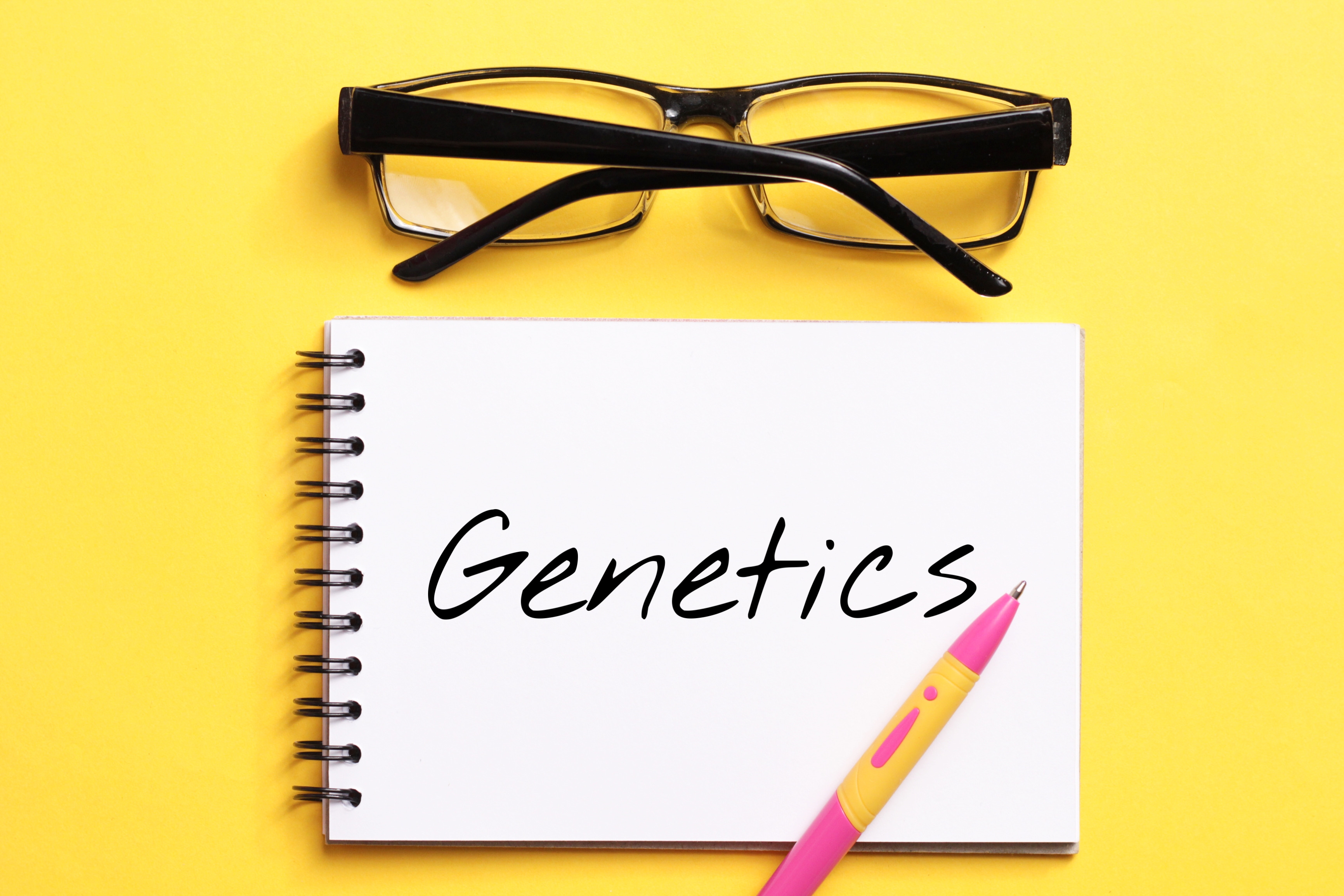10 Must-Know Insights to Decode Your BMI and Boost Your Health
3. Limitations and Criticisms of BMI

Despite its widespread use, BMI has faced criticism for its limitations in accurately assessing an individual's health. One of the primary criticisms is that BMI does not differentiate between muscle and fat. As a result, individuals with high muscle mass, such as athletes, may be classified as overweight or obese, even though they have low body fat and are in excellent health. Similarly, BMI does not account for the distribution of body fat, which is an important factor in assessing health risks. For instance, abdominal fat is more strongly associated with health risks than fat in other areas of the body. Another limitation of BMI is its inability to account for differences in body composition across different ethnic groups. Research has shown that individuals from different ethnic backgrounds may have different body fat distributions and health risks at the same BMI. For example, Asian populations may experience health risks at lower BMI thresholds compared to Caucasian populations. These limitations highlight the need for a more comprehensive approach to assessing an individual's health, one that considers a range of factors beyond BMI alone.
4. The Role of Genetics in BMI

Genetics plays a significant role in determining an individual's BMI and body composition. Research has shown that genetic factors can influence body weight and fat distribution, accounting for approximately 40-70% of the variation in BMI among individuals. Specific genes have been identified that are associated with body weight regulation, appetite control, and metabolism. For instance, variations in the FTO gene have been linked to an increased risk of obesity. Understanding the genetic influences on BMI can provide valuable insights into the complex interplay between genetics and lifestyle factors in determining an individual's weight. While genetics can predispose individuals to higher or lower BMI, environmental factors such as diet, physical activity, and lifestyle choices also play a crucial role. Recognizing the genetic component of BMI can help individuals and healthcare professionals develop personalized strategies for weight management and health improvement.
